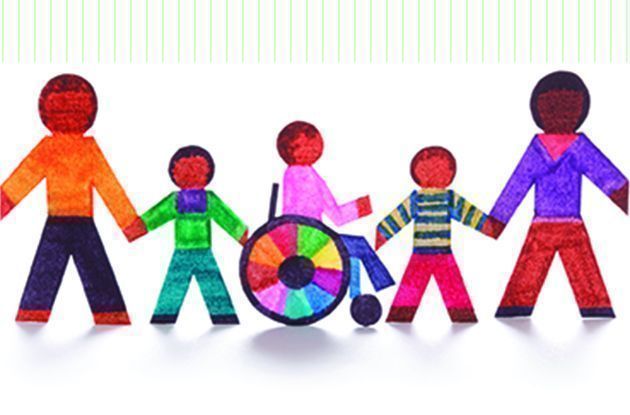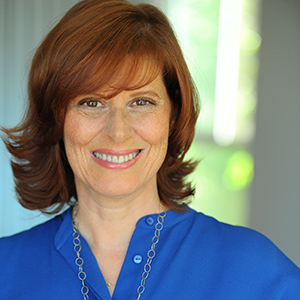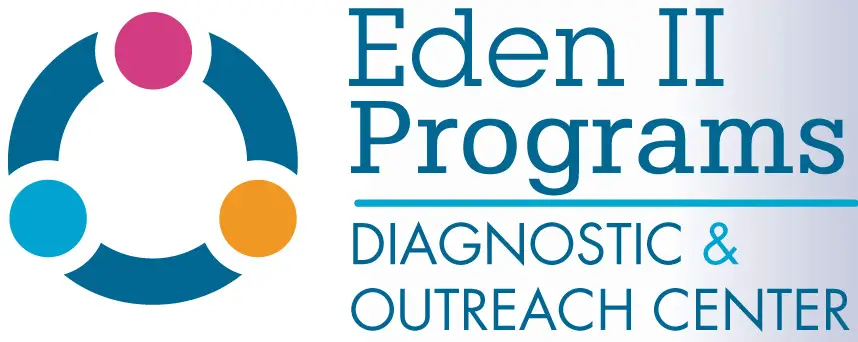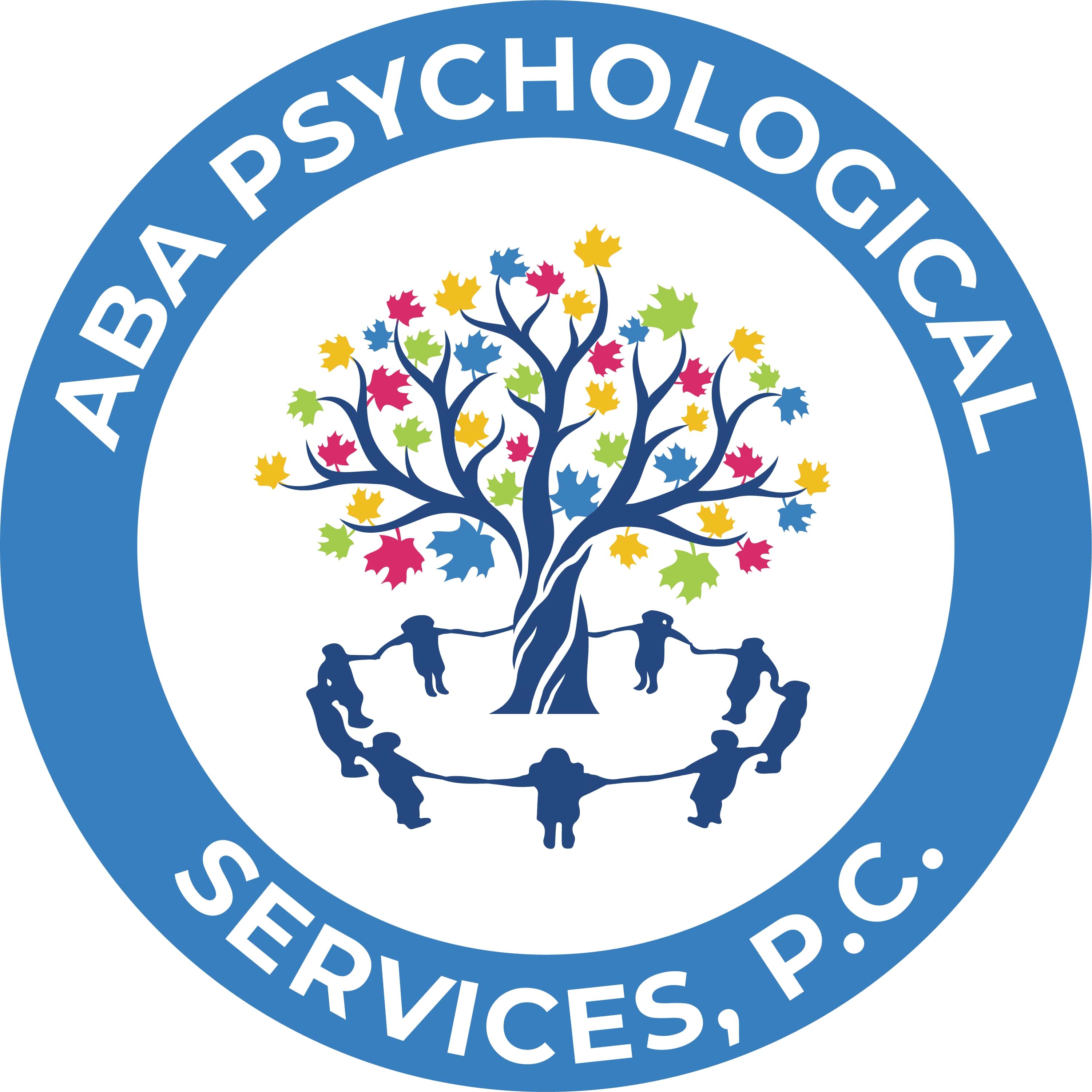
What to Do if Your Child Has Challenging Symptoms but No Official Diagnosis
Get kid-friendly activities sent to you!
Get the Best Kid-Friendly Activities
Sent to You Weekly!
And with no diagnosis, parents tend to blame each other or themselves for their children’s problems. What the heck is wrong with this kid? Can’t you discipline him better? We threw out all this money on testing and they didn’t find anything! It must be our fault—probably yours.
Help For Children with No Official Diagnosis and Their Parents
Please be patient with me—God hasn’t finished making me yet. Remember that saying? It’s a good mantra for your in-betweener, who may outgrow his or her difference.
With early intervention, a child can outgrow a diagnosis but retain some aspect of the condition. For example, a child with early sensory integration disorder may continue to refrain from walking barefoot in sand and flinch at hugs but otherwise be able to socialize with few problems. A child with an early speech disorder may develop into an excellent speaker but still struggle with spelling (there is a strong link between expressive language and learning to read and spell). The same is true for in-betweeners—with help, they often can overcome many of their challenges.
On the other hand, some kids grow into diagnoses as they develop. A child who just seems to be working a little too hard on mastering letter sounds can certainly develop a reading delay by later elementary school. A child who is just a bit eccentric can look more than a little different by a later age.
In the meantime, there are steps parents can take and advice they can tap. Determine the diagnosis that most closely resembles your child’s behavior, and use those resources. Diagnoses are not exact, anyway—there is no blood test that correctly diagnoses psychological issues. So based on your own observations, find out what help is available.
Is your child super-energetic? Can’t seem to stop?
Check out ADHD, hyperactive impulsive type. Your child may not meet criteria but the same tactics may help change his or her behavior. Make sure your child is getting a high-protein, low-carb, low-sugar diet. Eliminate junk food and artificial coloring. This child also needs a strong cardiovascular workout daily. Limit screen time and increase active play. Mindfulness techniques or yoga can also be helpful. Join the fun and learn new techniques and diet along with your child.
Learning problems but not learning delayed?
Help your child stay on top of his or her academics with enough support. There is no substitute for early intervention; find an educational therapist from the national Association of Educational Therapists or at NYSpecialParent.com, and you can prevent a small problem from becoming an overwhelming problem later on. Sometimes a retired schoolteacher or a tutor in your neighborhood can be helpful.
Socially annoying but not on the autism spectrum?
Your child will still benefit from social skills training and social stories. Social skills training is available in many areas through the school system or privately through therapists or speech therapists. Social stories teach social cues and help children to better learn nuances of social communication, often through pictures describing a situation, skill, or concept in very specific detail. Some children will benefit from speech therapy if their pragmatic language seems off, even if there is no specific language disability.
And, so many parents can benefit from the counsel of a therapist, support group, or taking their child for a few sessions of family therapy. Don’t forget to help yourself through the process of raising an atypical child.








